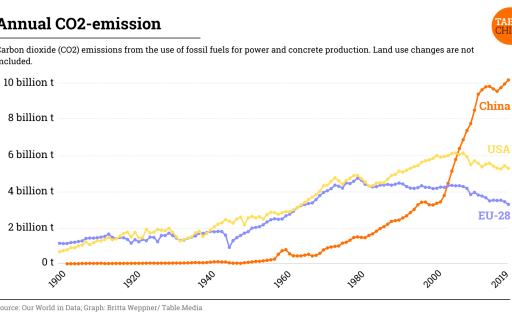
Global coal phase-out within reach
Moving away from fossil fuels and a just transition to green technologies were the focuses of the World Climate Conference (COP26) on Thursday. Progress was made on the coal phase-out in particular — while global greenhouse gas emissions have almost returned to pre-Corona levels.
By Timo Landenberger

